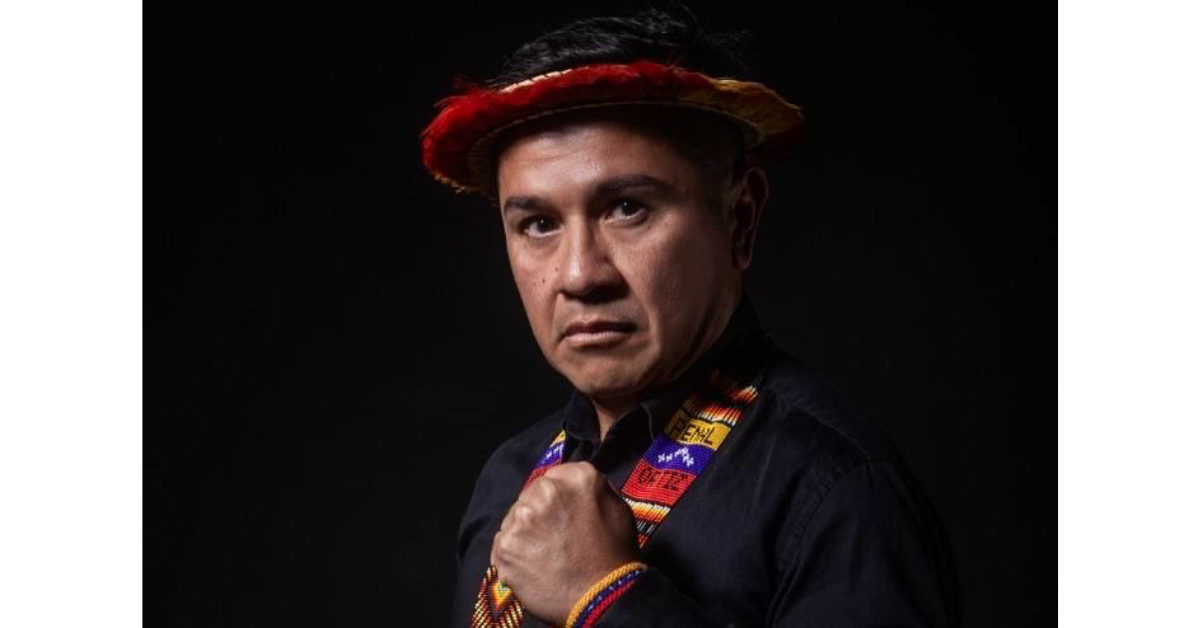He is also fighting to ensure his community can continue to live in their ancestral homes without being forcibly displaced as a result of the pressures of extractive industries or the threat of drug trafficking groups, both of which are encroaching on their lands.
Olnar also strives for defenders to work in a safe and enabling environment and thus wants to push back against the Venezuelan authorities’ sustained effort to criminalise the work of human rights defenders and independent civil society, particularly those who, like him, act in support of indigenous communities, as well as the threat posed by criminal groups. Indigenous activists and defenders have been repeatedly targeted over recent years in Venezuela: over 30 indigenous leaders or environmentalists have been assassinated between 2013 and 2022, including 11 that were reportedly killed by members of the Venezuela military.
How can the United Nations human rights system support Olnar’s claims?
In 2019, the Human Rights Council established the Fact-Finding Mission (FFM) on Venezuela to assess alleged human rights violations committed in the country since 2014. The mission’s mandate was renewed in 2022 for another two years.
Olnar has worked directly with the FFM to document systematic cases of violations of the rights and freedoms of indigenous peoples. He considers this mechanism to be very important, as it not only records allegations of violations but can also contribute to establishing legal responsibilities for perpetrators, while offering a level of protection to members of indigenous communities that would come forward to speak about abuses committed in their lands. However, many of them are unaware of the Mission, partly because the Venezuelan government has restricted the FFM from entering the country.
He told ISHR about what role he thought the FFM could play in ensuring the rights of indigenous groups are respected in Venezuela, hoping the body would be able to examine and expose the many ways in which his community and other indigenous peoples are being put under pressure.
In March 2023, Olnar came to the Human Rights Council in Geneva to carry the voices of those communities, advocating for the preservation of the Amazon and ancestral lands.

